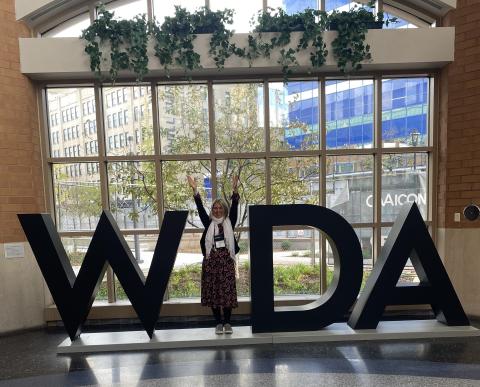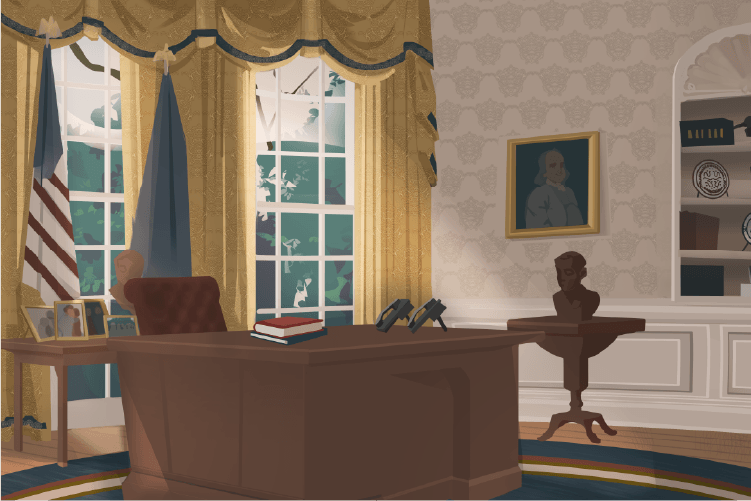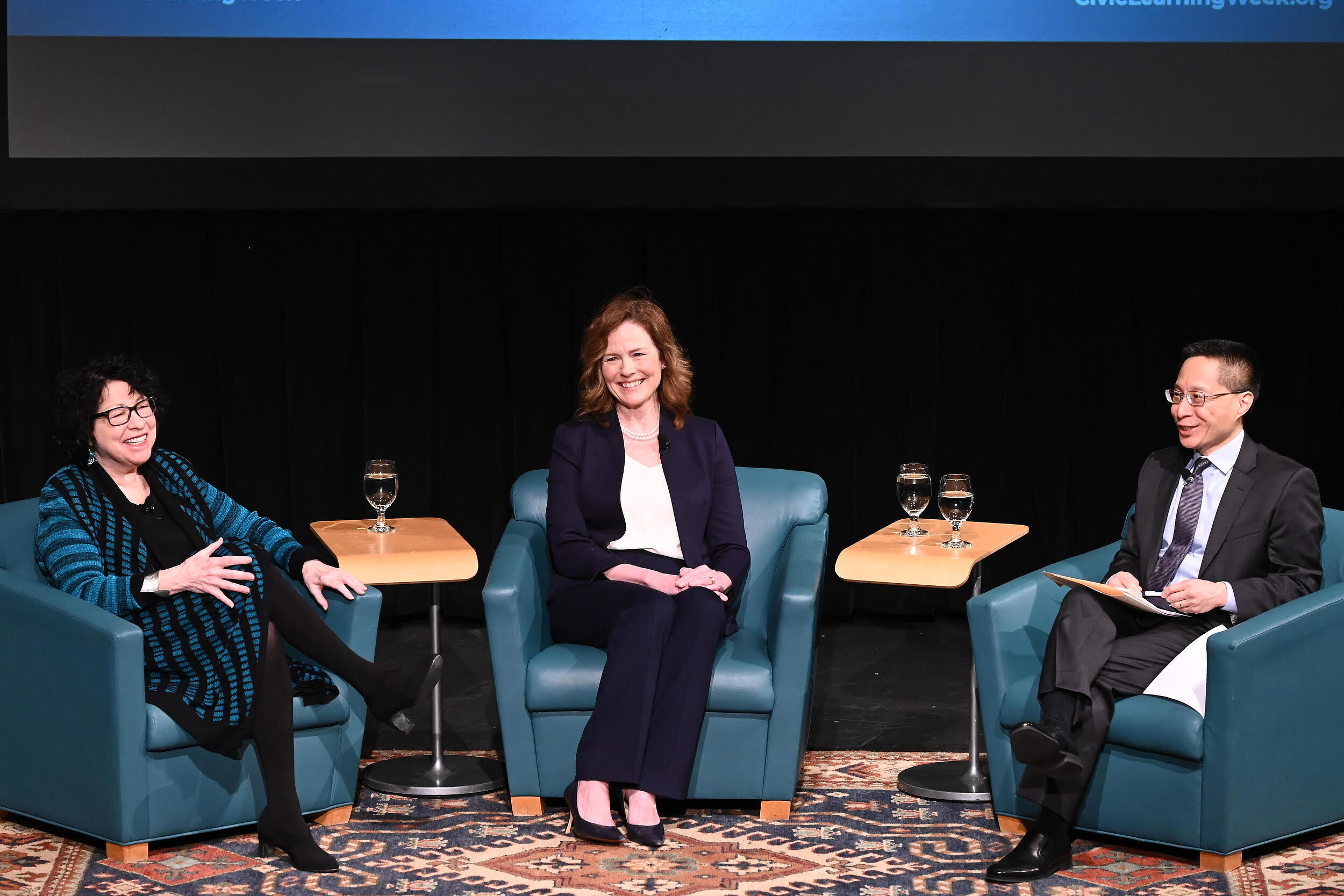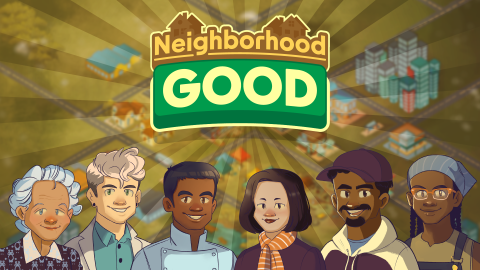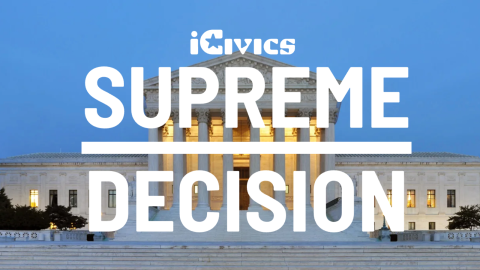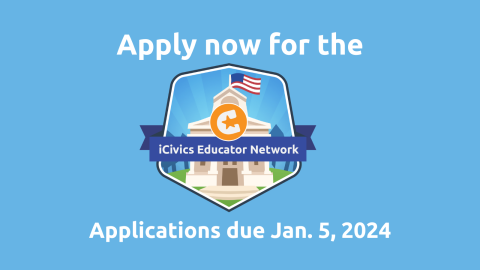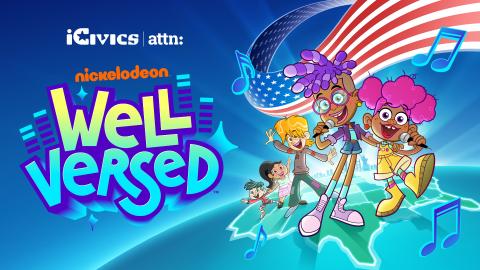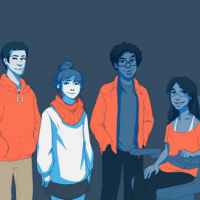“My aunt always said that knowing more than one language was a superpower.” Shareen Marisol Meraji, keynote speaker kicked off the WIDA 2023 Conference by talking about the importance of “Giving children a strong foundation in their heritage language so that children could be proud of where they come from.”
Being multilingual is a superpower indeed. Knowing another language boosts your memory, gives you a greater ability to multitask, and improves social skills since you draw experiences from different cultures and look at issues from multiple perspectives. One of the important aspects of teaching multilingual learners is to focus on the assets they bring into the classroom.
I attended this year’s WIDA conference because, as part of our mission, iCivics aims to empower and equip ELs and MLs by making our games and resources accessible to all. We are continuously working to improve our ELL materials. In the field of civics and social studies, it’s particularly important to make sure that students see themselves reflected in the stories we tell and we want to make sure that the content has the support and scaffolding that ELs and MLs need in order to be successful. I was able to connect with several leaders in the field and get their thoughts.
One of these leaders was Dr. Luciana de Oliviera, Associate Dean for Academic Affairs and Graduate Studies and Professor of the Department of Teaching and Learning at Virginia Commonwealth University. She said, “The WIDA 2023 conference was my first and I absolutely loved everything!! The fact that this conference is for K-12 teachers by teachers was prevalent throughout the program. What I loved the most was to see the value and interest in a functional approach to language development. For those of us doing research and practicing this for over 20 years, it is incredible to notice the changes in the field impacted by the inclusion of this approach in WIDA 2020.!”
Many of the sessions focused on the WIDA English Language Development (ELD) Standards Framework which is centered on equity and fosters the assets, contributions, and potential of multilingual learners. It focuses on a functional approach to language development and one of the big ideas is the integration of content and language. WIDA’s Key Language Uses—narrate, argue, inform, and explain—are core to communicating ideas and content in social studies and civics.
Another leader (former WIDA researcher and one of the authors of the WIDA ELD Standards), I spoke to was Dr. Ruslana Westerlund, an educational consultant at the Cooperative Educational Service Agency 2 serving Wisconsin school districts and Associate Adjunct Faculty in the Graduate School of Education at Bethel University. She was one of the authors of the WIDA ELD Standards who worked hard to represent disciplinary genres such as explanations and arguments through the Key Language Uses. To illustrate the synergy between C3 and WIDA, she wrote Scaffolding ML Access to Social Studies Inquiry Through the WIDA ELD Standards. When asked about this year’s conference, she said, “This year’s WIDA Conference exemplified the strength of what happens when we do transdisciplinary work. We are seeing math (such as Dr. Karen Terrel) and science (like Dr. David Crowther) and social studies (like iCivics)… CONTENT people come to language conferences! Now we, language people have work to do and go to science and math and social studies conferences. We have so much to learn from each other. We are stronger together. Our students will only benefit when adults start working together, walk across the hallway and humbly ask for help.”
Our students are learning content and language at the same time. We are integrating content and language instruction in our materials in many different ways through instructional strategies, language objectives, scaffolding, vocabulary integration, visuals, video viewing, and more. This is the very approach iCivics is using to develop its core curriculum for U.S. History, which will be published in summer of 2024. ELs/MLs can soar higher when their skills and superpowers are supported by high-quality instructional materials and celebrated.
Written by Kristen Chapron
Kristen Chapron is Senior Editor of Digital Learning and ELL at iCivics. She has worked on all of the EL and bilingual resources and looks forward to creating even more materials for English and multilingual learners.

